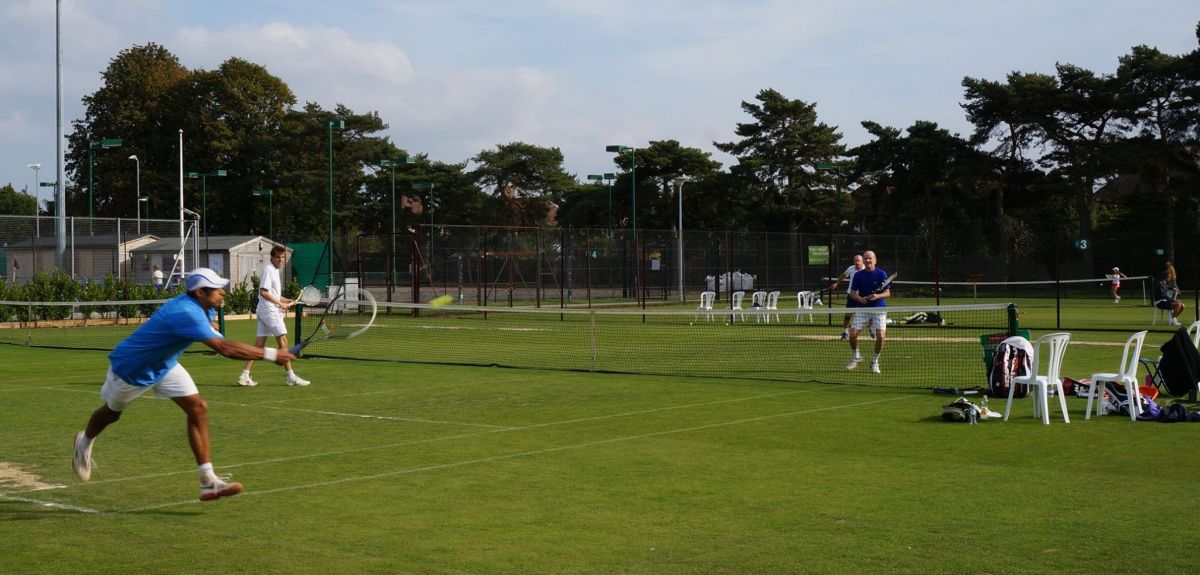
Niels Reidock
‘One nihil’, ‘fifteen l’oeuf’ - exploring the origins of sports words
If you aren't a sports fan, the language of sport might seem inescapable.
Either the ball’s in your court and you’ve got into the full swing, or else you’re about to throw in the towel and have to hope you’ll be saved by the bell. Sports jargon and idioms permeate the way we use English.
Professor Simon Horobin, of the Faculty of English Language and Literature at Oxford University, reveals that the language of sport comes to us from a huge variety of sources. For instance, the rugby terms “ruck”, “maul” and “scrum” come to us, respectively, from a Scandinavian word for “haystack”, a Latin word for “hammer”, and as a modified version of the military term “skirmish”.
The diverse origins of sporting terms reflect the wide range of languages which have influenced English vocabulary. ‘Sporting lexicons are like the English language in miniature,’ said Professor Horobin.
Some sporting terms reflect their international context. Cricket is popular round the world, particularly in Commonwealth countries, and the terminology has developed accordingly. The “doosra”, for instance, is a bowling technique which takes its name from the Hindi word meaning “other (one)”.
Perhaps more unexpectedly, the word “tennis” itself is said to derive from medieval France, where the game first developed. Players shouted “tenez!” (“take that!”) as they hit the ball.
Even in English-speaking countries, the regional differences can be surprising. In Britain, the difference between “rugby” and “football” is obvious. But one was originally known as “Rugby football”, named after the public school where the sport was invented, while the other became known as “association football”, perhaps to resolve the ambiguity.
“Association football” gave rise to the term “soccer”, which is used in the USA to distinguish it from American football – which itself developed from rugby.
Confusing. But one of the things Professor Horobin is particularly interested in is how slang and language conventions in sport separate “true fans” from the uninitiated: 'In British usage, you only need to hear someone say the score in a football match is “zero-zero” to know they aren't a true fan, since it should be nil-nil, or love-all if it's tennis or squash.'
Those who don’t follow football but watch matches during a World Cup will know this only too well.
“Nil”, incidentally, derives from the Latin “nihil”, meaning “nothing”. “Love”, meanwhile, is said to derive from the French “l’oeuf”, meaning “egg” – the shape of the numeral zero.
'I'm also interested in the way sporting terms and phrases have infiltrated non-sporting contexts, said Professor Horobin. Cricket is a good example. Since it's associated with fair play, we talk about “playing with a straight bat” to mean “behaving honestly and decently”, and it's “just not cricket” to refer to any behaviour that flouts common standards of fairness.'
Professor Horobin has discussed sports etymology on the BBC World Service Sportshour programme in the last few weeks. He also blogs about word origins on Oxford University Press' Oxford Dictionaries site.